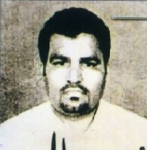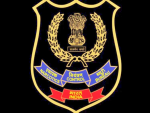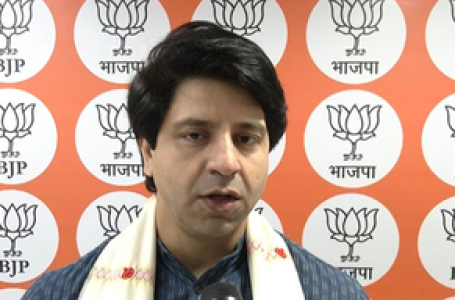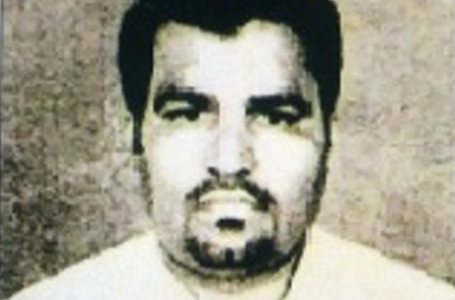
New Delhi: The National Human Rights Commission (NHRC) has taken suo motu cognisance of the alleged gang rape of a married woman in an empty compartment of a stationary train in Haryana’s Panipat.
After the sexual assault, the accused threw the victim on the railway tracks, where a train ran over her leg.
Taking note of a press report, the apex human rights body said the contents of the news report, if true, raise a serious violation of the human rights.
The NHRC issued notices to the Railway Board Chairman Satish Kumar and Haryana Director General of Police Shatrujeet Kapur and called for a detailed report on the matter within two weeks.
The report is expected to include the status of the health of the victim and compensation, if any, provided to her by the authorities.
According to the media report, the husband of the woman had filed a complaint with the Haryana Police, claiming that his wife was missing from June 24 after they had a quarrel.
Based on the complaint, the police launched a search operation and found her on the railway tracks.
The victim woman, in her statement to the police, revealed that she had been battling depression since the death of her three-year-old son nearly a month ago and had left the house after a fight with her husband.
She was sitting at the Panipat railway station when a man approached her and took her inside an empty bogie of a stationary train where, she was subjected to rape by him.
Later, two other men also joined and sexually assaulted her.
The accused then took her to Sonipat and threw her on the railway tracks when a train ran over her leg.
The investigation is reportedly underway, and no arrests have been made so far.
Established under the Protection of Human Rights Act, 1993, the NHRC, an autonomous statutory body, is an embodiment of India’s concern for the promotion and protection of human rights.
Its primary role is to protect and promote human rights, defined as the rights relating to life, liberty, equality, and dignity of individuals guaranteed by the Constitution or embodied in the International Covenants and enforceable by courts in India.
The apex human rights body has the power to take suo motu (on its own motion) action based on media reports, public knowledge or other sources, without receiving a formal complaint of human rights violations.
IANS



















